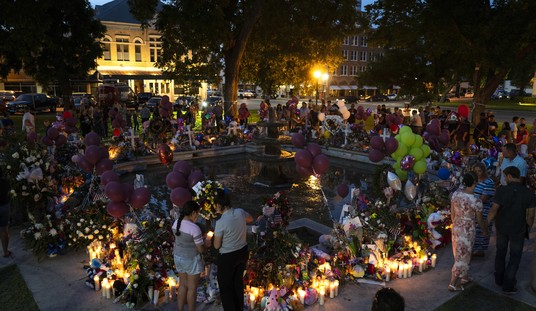Dec. 11, 1941: Four days after the Japanese attack on Pearl Harbor, isolated and embattled U.S. Marines – and a few good sailors, soldiers, and civilian contractors – put up a heroic defense of Wake Island in the Pacific, beating back an attempted Japanese landing with heavy losses to the enemy.
Wake will fall by Christmas. But the heroics exhibited by the American defenders – basically two companies of Marines holding off the Japanese Navy for two weeks – will be compared to the heroic nearly-two-week defense of the Alamo in 1836.
Dec. 15, 1862: Union Army Maj. Gen. Ambrose E. Burnside ends his disastrous series of frontal attacks against Gen. Robert E. Lee’s well-entrenched Confederate forces along Marye’s Heights during the battle of Fredericksburg, Virginia. It is during the battle that Lee – emotionally moved by the valor of the Federal Army, which, despite terrible losses, attacks his impregnable position time-and-again – says, “It is well that war is so terrible, lest we grow too fond of it.”
Dec. 16, 1944: A massive German Army force — composed of SS Panzer (SS armored units), Volksgrenadier (infantry), Panzergrenadier (armored infantry), and Fallschirmjäger (paratroopers) — burst through the snow-covered Ardennes Forest and smash headlong into the weakest stretch of the Allied frontlines in Belgium.
The attack — which will become known as the Battle of the Bulge (because of the temporary bulging salient the German thrust will create in the Allied lines) — is a last ditch gamble on the part of the Germans, a surprise counteroffensive aimed at cutting American and British forces in half; crossing the Meuse River; encircling, isolating, and destroying Allied armies west of the Meuse; and perhaps reaching the North Sea.
It is not to be.
Despite the initial shock along a 60-to-70-mile front – and a 50-mile-deep penetration – German forces will quickly find themselves running up against giants of men like Gen. Anthony McAuliffe’s diehard paratroopers of the crack 101st Airborne Division, who – though surrounded, outnumbered, outgunned, freezing, and nearly starving to death – refuse to surrender the strategically vital highway hub at Bastogne.
The battle, which will last until Jan. 28, 1945, will prove to be the largest land battle in western Europe during World War II, and it will be a decisive American victory. But it will not be without heavy losses: 19,000 American soldiers will be killed out of 81,000 total U.S. casualties in five weeks.








Join the conversation as a VIP Member